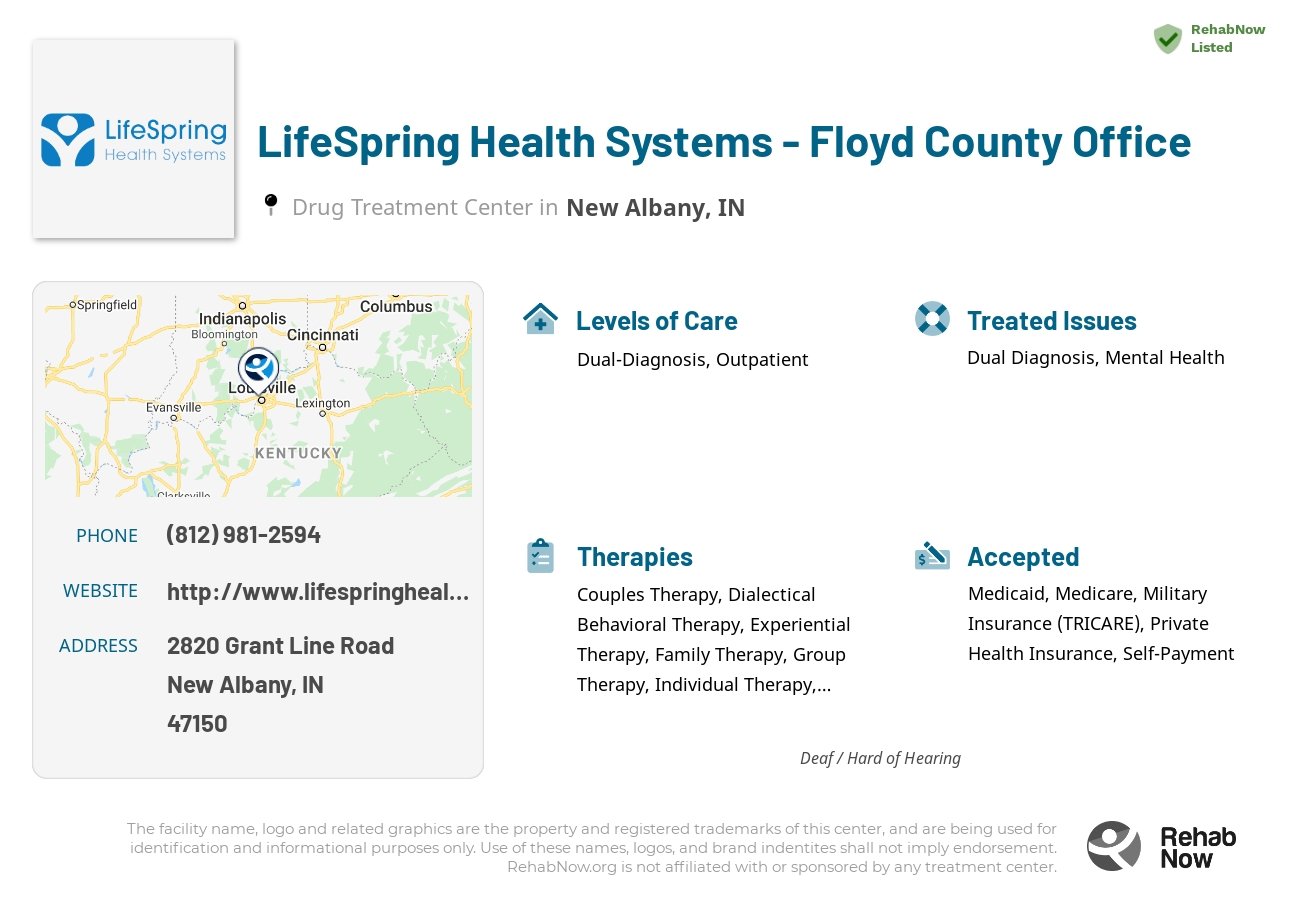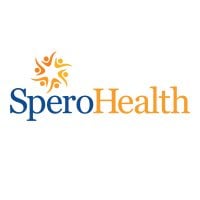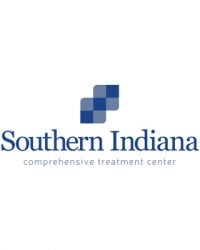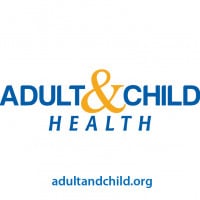LifeSpring Health Systems - Floyd County Office
Drug Rehab Center in New Albany, Indiana
LifeSpring Health Systems - Floyd County Office in New Albany, Indiana, offers comprehensive behavioral health services including counseling, addiction treatment, and prevention services with a focus on long-term mental health and emotional well-being, personalized treatment plans, and a variety of tailored programs and services.
About
LifeSpring Health Systems in New Albany, Indiana, stands out as a premier provider of comprehensive behavioral health and substance use disorder treatment. Their commitment to personalized, evidence-based care positions them as a unique resource for individuals, children, and families aiming for recovery. The facility is notable for its 10-bed residential treatment program, offering 24/7 care within a supportive environment designed to foster healing and long-term recovery.
- 10-bed residential treatment program: Offers intensive therapy and 24/7 care in a supportive environment.
- Wide range of services: From outpatient counseling to group living homes for transitional housing.
- Tailored programs for all ages: Specialized services for children, adolescents, and families to foster resilience and support recovery.
LifeSpring Health Systems is recognized for its excellence, with accreditations from The Joint Commission and state licenses. Their focus on a multidisciplinary approach ensures a high quality of care, utilizing a blend of intensive therapy, outpatient services, and transitional housing to support individuals on their path to recovery.
Addressing issues from substance abuse to co-occurring mental health disorders, LifeSpring Health Systems offers a variety of treatment methods, including individual and group counseling, cognitive behavioral therapy, and medication-assisted treatment. Their care levels range from residential to outpatient, making LifeSpring Health Systems a comprehensive resource for those seeking to overcome addiction and mental health challenges.
Genders
Ages
Modality
Additional
Accreditations
State License
SAMHSA

JCAHO
Conditions and Issues Treated
Recovering from substance abuse is an essential part of a healthy life for many people. It’s a long and challenging process, but it can be worth it in the end if you manage to get through all parts. Detoxifying your body, rehabilitation after that time passes or when needed (depending on what type), and then recovery while also receiving therapy support throughout this entire process.
A standard route to starting recovering from substance abuse and addiction is through a detoxification center. There you can completely heal your body and mind and continue on the path of recovery without feeling any of the lingering effects of substances.
A person who struggles with addiction and a mental health condition suffers from a dual diagnosis. This means that they have two issues that must be treated. The specific mental health issues that the patient at LifeSpring Health Systems - Floyd County Office might have include but are not limited to:
- Depression
- Bipolar Disorder
- Anxiety
- PTSD (Post Traumatic Stress Disorder)
The specific addiction issues that the patient might have include but are not limited to:
- Alcoholism
- Drug Addiction (i.e., Cocaine, Meth, and other stimulants, Marijuana, and Ecstasy)
The combination of the two illnesses can be tough to treat. Taking care of one or the other is tough, and taking care of both cannot be done alone. A patient who receives dual diagnosis treatment will be given the best chance at becoming sober.
Levels of Care Offered
This center offers a variety of custom treatment tailored to individual recovery. Currently available are Dual-Diagnosis, Outpatient, with additional therapies available as listed below.
An outpatient treatment program is set up to help with alcohol or drug addiction or a co-occurring disorder. The treatment must attend the treatment facility for their therapy and other programs but return home each night. The frequency of mandatory attendance decreases after much of the treatment program is complete. The treatment programs are monitored by the treatment facility and case managers who work for a judge or judge’s office. A treatment program may be performed out of a treatment facility, treatment clinic, or treatment center.
The benefits of outpatient treatment programs are many. One of the most beneficial treatment programs is that it allows treatment for clients who cannot afford or may not be able to attend treatment at a treatment facility, treatment center, or treatment clinic full-time. Another benefit of treatment programs is that they reduce crime rates because treatment allows people to treat their addiction.
Therapies & Programs
Individualized Treatment is essential because it gives addicts the ability to participate in a program that meets their unique needs. An addict should work with professionals who understand what they’re going through, especially if the addict is actively using. Finding the right treatment program for an addict is difficult, but it’s even harder without communicating with those who have experience treating your specific situation.
Couples therapy is a treatment approach where the patients and their partners are engaged together. When a person becomes a victim of substance abuse, it affects the patient and his people, particularly his partner. Their relationship can become strained due to lack of communication, financial issues, loss of trust, lack of intimacy, and physical abuse in more severe cases. Couples therapy addresses these issues and tries to rebuild the trust between the partners. The partner’s involvement in the process will result in greater chances of treatment success and sustained recovery.
The therapies typically involve all family members, potentially including siblings, children, and parents who play a role in their daily lives. These sessions can be essential because they address past issues that may have affected an addict or alcoholic’s recovery process. They provide support during this time when it is needed most!
A family therapy session, often called a family meeting or intervention, is a necessary process that helps loved ones of addicts see their situation in a new light. It’s also one of the most challenging things families will ever have to do when they’re facing a loved one battling addiction or alcoholism.
Group therapy sessions provide recovering addicts with a chance to cope with everyday situations that many face. Group therapy sessions are held in rehab facilities, clinics, churches or community centers that offer drug addiction treatment.
People who attend these groups are encouraged to voice their feelings and support other addicts in recovery. This helps group members strengthen their own recovery program while cheering on others who are struggling with sobriety.
Trauma therapy allows them to work through past trauma to have peace of mind and begin down the road of sobriety. The therapist will work with the individual to help them understand their past and present relationships. Patients may often believe that something is inherently wrong with them or they are unworthy of love. The therapist aims to correct these negative feelings and behaviors by helping the person realize that their actions do not reflect who they truly are.
Dialectical behavior therapy, or DBT, is one form of cognitive behavioral treatment. This type of therapy typically involves both individual and group sessions with a therapist on a regular basis.
It uses concepts like mindfulness training to help addicts learn how to identify their thoughts, feelings, behaviors and the experiences that trigger them so they can avoid relapse. DBT also teaches addicts how to regulate their emotions, which can make it easier for them to avoid or overcome negative thoughts and cravings.
Cognitive Behavioral Therapy (CBT) is a highly effective treatment option based on the idea that how we feel, think and act all interact together. Our thoughts determine our feelings and behaviors; our feelings affect our thoughts, and our behaviors change our thoughts and feelings. CBT helps people explore their thoughts for problems (or false beliefs) that influence their mood and actions. By examining their thoughts and beliefs, people can recognize distorted or irrational and modify them to more realistic, positive ones. CBT is very goal-oriented, which means that the therapist and patient work together on a specific problem while learning to become more adept at solving future problems.
CBT works well with a broad range of people, including those with depression, anxiety disorders, eating disorders, and problems with anger. In addition to helping a client focus on thoughts that can be changed, CBT also allows them to take an active role in their treatment. This is called a collaborative approach because both patient and therapist work together to produce the best possible results.
CBT is based on cognitive learning theory, which says that our behavior is a learned response to our environment. Cognitive refers to thoughts and beliefs, while behavioral relates to actions or deeds. CBT helps people learn ways of behaving to improve their quality of life by focusing on specific problems or goals they want to achieve. Sometimes, CBT is used alone; other times, it is combined with medications or brief counseling techniques such as solution-focused and motivational interviewing to achieve optimal results for the patient.
Life skills training is beneficial for addicts in recovery because it helps them learn how to take care of themselves and improve their quality of life, which can promote feelings of purpose and motivation.
This works by teaching individuals life-enhancing skills that support positive living, including:
- Healthy lifestyle habits
- Skills to effectively manage stress
- Effective communication skills to help them get their needs met without turning to drugs or alcohol
- Money management and budgeting skills so they can continue to take care of themselves after treatment ends.
Patient Experience
Experiential Therapy at LifeSpring Health Systems - Floyd County Office
Drug addicts can benefit from experiential therapy, which involves real-time activities to process trauma and emotions. This type of therapy is available at LifeSpring Health Systems - Floyd County Office and can help reduce the need to resort to drugs and alcohol. Activities may include role-playing, use of props, and others. The individual learns to release suppressed thoughts that lead to negative feelings and embrace the present moment. Experiential therapy is beneficial in treating various disorders, including drug addiction, eating, and behavioral disorders.
Payment Options Accepted
For specific insurance or payment methods please contact us.
Is your insurance accepted?
Ask an expert, call (888) 674-0062
Lifespring Health Systems Associated Centers
Discover treatment facilities under the same provider.
- LifeSpring Health Systems - Turning Point Center in Jeffersonville, IN
- LifeSpring Health Systems - Scott County Office in Scottsburg, IN
- LifeSpring Health Systems - Washington County Office in Salem, IN
- LifeSpring Health Systems - O'Bannon Center in Corydon, IN
- LifeSpring Health Systems - Jeffersonville in Jeffersonville, IN
Learn More About Lifespring Health Systems Centers
Additional Details
Specifics, location, and helpful extra information.
New Albany, Indiana 47150 Phone Number(812) 981-2594 Meta DetailsUpdated April 15, 2024
Staff Verified
Patient Reviews
There are no reviews yet. Be the first one to write one.
New Albany, Indiana Addiction Information
The state of Indiana ranks 14th in the nation for drug abuse, but 17th for drug overdoses. The state has many high-quality rehabilitation centers, but reports show that there are about 20 deaths per 100,000 people. This is due to its location making it a drug trafficking haven, where many drugs are further distributed into the country.
The drug addiction problem in New Albany, Indiana, is significant. 5.1% of New Albany adults reported using illicit drugs in the past month, and 9.7% of New Albany adolescents reported using illicit drugs in the past year. From 2010 to 2015, drug poisoning deaths increased by 89%. Some common treatments include residential treatment, outpatient treatment, and medication-assisted therapy.
Treatment in Nearby Cities
- Lebanon, IN (124.7 mi.)
- Sullivan, IN (101.1 mi.)
- Kouts, IN (217.1 mi.)
- Crawfordsville, IN (131.9 mi.)
- Portage, IN (236.5 mi.)
Centers near LifeSpring Health Systems - Floyd County Office
The facility name, logo and brand are the property and registered trademarks of LifeSpring Health Systems - Floyd County Office, and are being used for identification and informational purposes only. Use of these names, logos and brands shall not imply endorsement. RehabNow.org is not affiliated with or sponsored by LifeSpring Health Systems - Floyd County Office.








